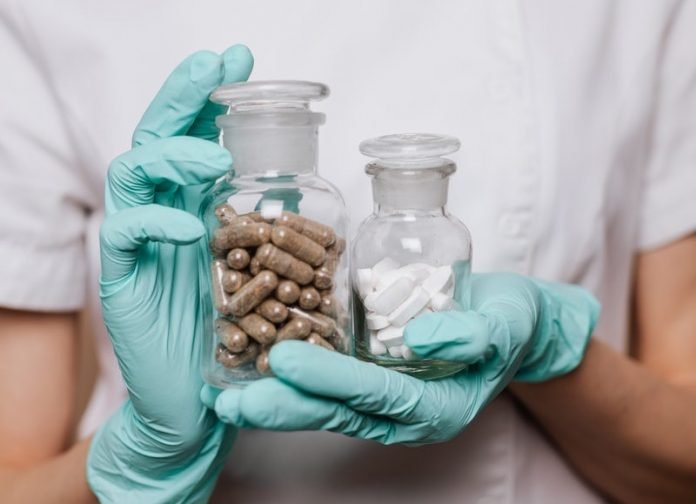
In a recent study published in Nature Cancer, researchers found dozens of non-oncology drugs, including drugs for diabetes, inflammation, alcoholism—and even for treating arthritis in dogs—could also kill cancer cells.
They analyzed thousands of already developed drug compounds and found nearly 50 that have previously unrecognized anticancer activity.
The surprising findings suggest a possible way to accelerate the development of new cancer drugs or repurpose existing drugs to treat cancer.
The study is from MIT and elsewhere. One author is Todd Golub.
Previously, scientists have stumbled upon new uses for a few existing medicines, such as the discovery of aspirin’s heart benefits.
In the study, the team tested all the compounds in the Drug Repurposing Hub on 578 human cancer cell lines from the Broad’s Cancer Cell Line Encyclopedia (CCLE).
They used a molecular barcoding method known as PRISM to pool several cell lines together in each dish and more quickly conduct a larger experiment.
The team then exposed each pool of barcoded cells to a single compound from the repurposing library and measured the survival rate of the cancer cells.
They found nearly 50 non-cancer drugs—including those initially developed to lower cholesterol or reduce inflammation—that killed some cancer cells while leaving others alone.
Most of the non-oncology drugs that killed cancer cells in the study did so by interacting with a previously unrecognized molecular target.
For example, the anti-inflammatory drug tepoxalin, originally developed for use in people but approved for treating osteoarthritis in dogs, killed cancer cells by hitting an unknown target in cells that overexpress the protein MDR1, which commonly drives resistance to chemotherapy drugs.
The researchers were also able to predict whether certain drugs could kill each cell line by looking at the cell line’s genomic features, such as mutations and methylation levels.
This suggests that these features could one day be used as biomarkers to identify patients who will most likely benefit from certain drugs.
The researchers hope to study the repurposing drug compounds in more cancer cell lines and to include more compounds that have been tested in humans.
If you care about cancer, please read studies about men taking these drugs may face a dangerous delay in prostate cancer diagnosis and findings of this common food chemical may increase your cancer risk.
For more information about cancer treatment and prevention, please see recent studies about this common painkiller may help fight cancer and results showing that this inexpensive drug combo may stop cancer cell growth.
Copyright © 2021 Knowridge Science Report. All rights reserved.



